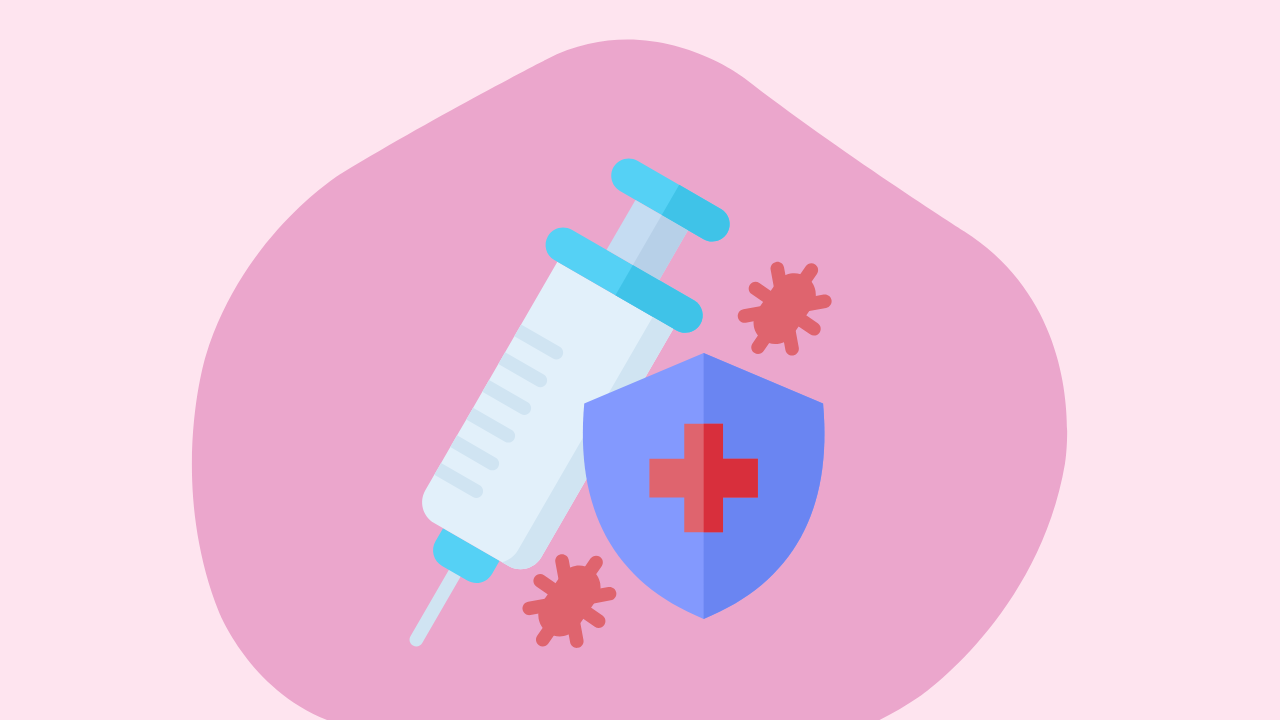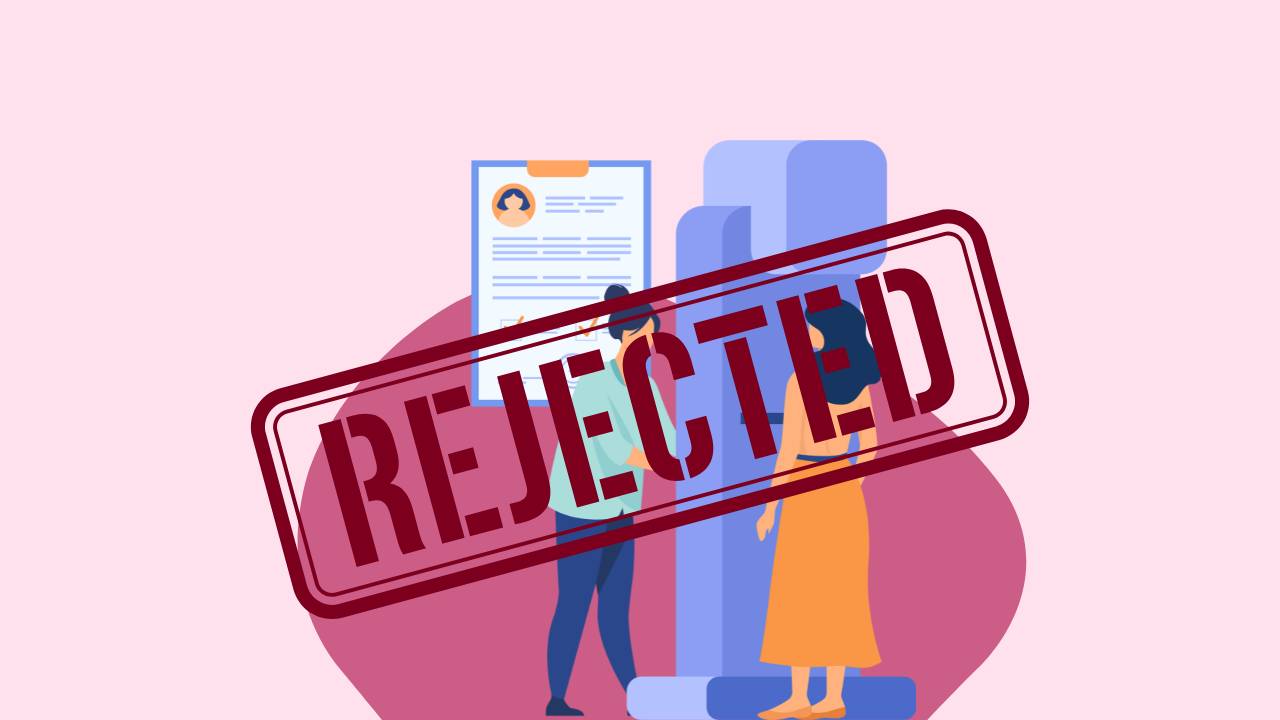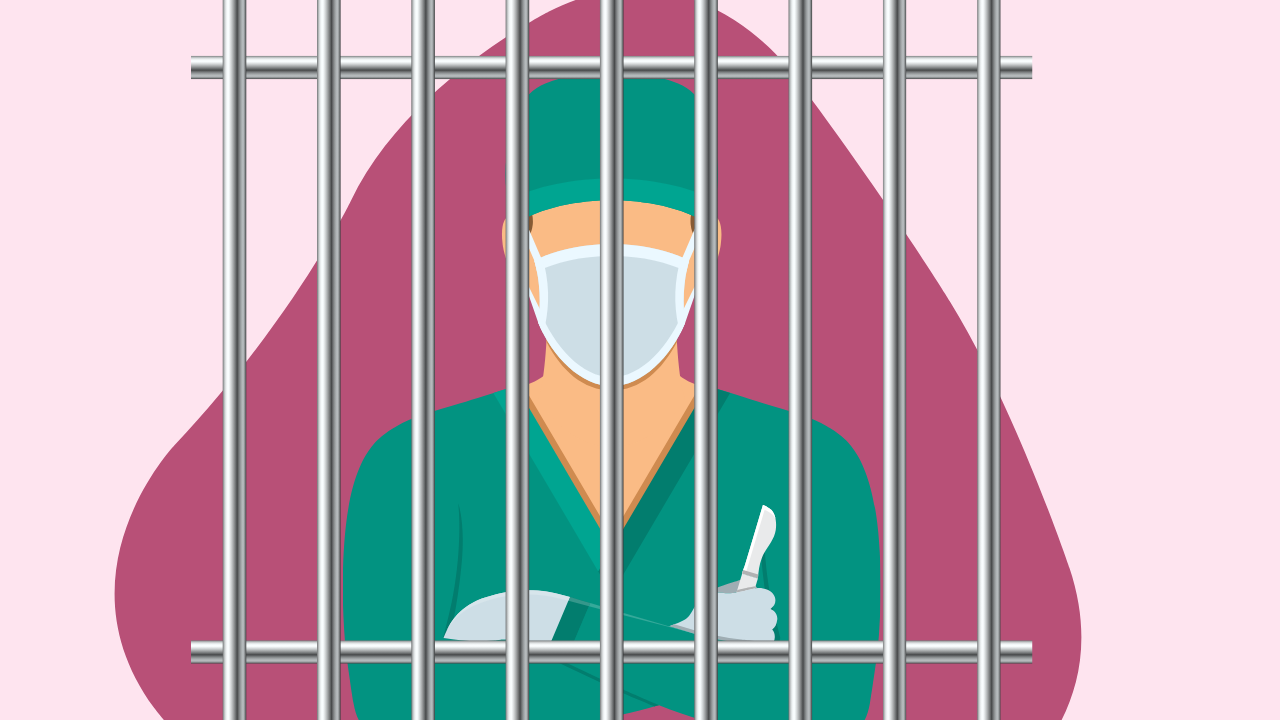Doctors Debunk False Claims about Ban on Mammograms in Switzerland

A Facebook post claims that Switzerland made history by banning a supposedly dangerous form of cancer screening, stating, "Switzerland is the first country in the world to ban mamography (sic)."
The post also alleges that "50-60% of 'positive' results are incorrect" and that mammograms stimulate tumor growth and metastasis. The post gained over 100 shares in less than two weeks, with other versions spreading on Facebook and Twitter.
However, this claim is incorrect. Although mammograms aren't available everywhere in Switzerland, they haven't been banned. In areas where they are offered, they're recommended every other year for healthy women aged 50 and older.
Céline Reymond, a spokesperson for Switzerland's Federal Office of Public Health, confirmed that mammograms are not banned. Screening programs are organized by individual cantons (states), and in 14 of the 26 cantons, these programs are available, with four more working on implementing them. In other cantons, mammograms are still accessible on an individual basis, known as "opportunistic" screening. These screening programs meet high-quality standards that are regularly checked.
Dr. Cornelia Leo, chief physician at the Interdisciplinary Breast Center of the Cantonal Hospital Baden, and Dr. Thomas Eggimann, secretary general of the Swiss Society of OB-GYNs, reiterated in an article from USA Today that while not all cantons have screening programs, those that do ensure high-quality, internationally standard mammograms.
Contrary to the post's claim, there's no evidence that mammograms cause cancer. Dr. Parisa Lotfi, an assistant professor of radiology and biomedical imaging at the Yale Cancer Center, told USA Today that mammograms reduce the risk of dying from breast cancer. Neither the compression from the mammogram nor the radiation dose causes cancer. The FDA's Mammography Quality and Standards Act ensures that the radiation dose is safe and lower than that of a standard x-ray.
Model calculations show that the risk of radiation-induced cancer is minimal, with about 2 cases per 100,000 women aged 50 to 59 who are screened every two years. The National Cancer Institute and American Cancer Society confirm that while any radiation dose can potentially cause cancer, the risk from mammograms is very small.
The post also inaccurately stated that 50-60% of mammogram results are false positives. In reality, this figure represents the chance of getting one false positive over ten years of annual screenings. Research shows that more than 50% of women in the U.S. who are screened annually for ten years will receive a false positive at some point, meaning an abnormality was detected but no cancer was present. False positives are slightly more common in younger women.
Dr. Leo highlighted that the benefits of mammograms far outweigh the risks. International and Swiss studies also show that mammography screening programs reduce breast cancer mortality by detecting cancers at earlier stages.





